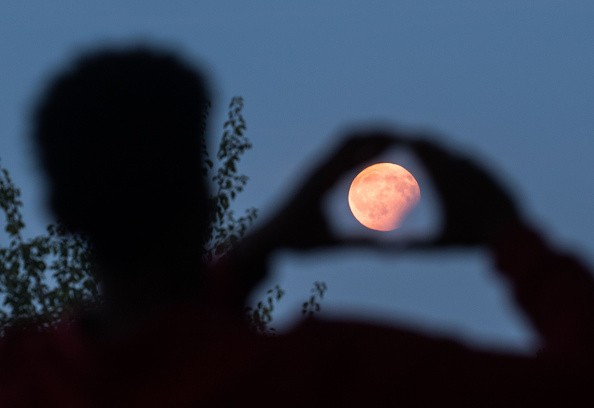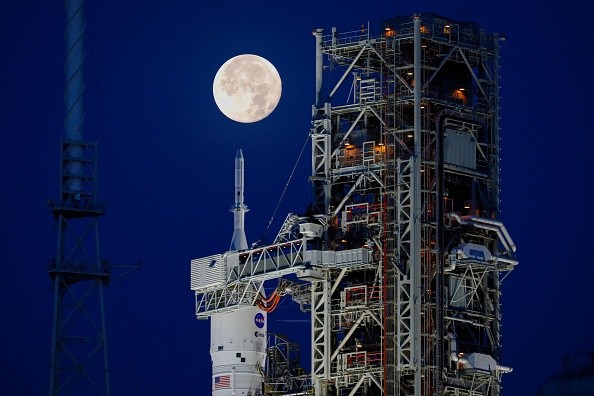Japan's commercial moon launch is expected to overlap with NASA's first Artemis mission. Will their time frames create conflict?

Both the ispace, a Japanese commercial moon lander builder, and NASA are expected to launch their own moon missions in November.
Because of this, space experts believe that the world is entering a new space race. This is because the rivalry between NASA and China has been the main one well-known across the globe.
Now, it seems like NASA will have a new competitor when it comes to exploring Earth's natural satellite.
Japan's Commercial Moon Launch to Overlap With NASA's Artemis Mission
According to Mashable's latest report, ispace plans to launch a SpaceX Falcon 9 rocket between Nov. 9 and Nov. 15.

SpaceX's spacecraft will specifically carry the Hakuto-R Mission 1. It will be launched from Cape Canaveral, Florida.
On the other hand, NASA's Artemis 1 will be carried by SLS on Nov. 14. If this schedule doesn't work, the international space organization has back dates of Nov. 16 and Nov. 19.
Based on these details, the Japanese commercial moon launch and NASA's Artemis mission will not visit Earth's natural satellite on the same days.
Thanks to this, their schedules will not really affect each other's moon missions.
What is Hakuto-R?
Via its official website, ispace explained that the new Hakuto-R program would focus on two moon missions.
These include a lunar landing before 2022 ends and a lunar exploration in 2024.
"We aim to land on the moon and explore the lunar surface with the onboard rover," said ispace.
The Japanese space agency further explained that the 2022 mission would verify information on Earth's natural satellite and construction tech for Earth-moon transportation services.
In other stories, China's moon missions in the next decade could be better than NASA's lunar explorations.
Meanwhile, the NASA TESS mission was put in safe mode after a computer glitch.
For more news updates about moon space missions and other related topics, keep your tabs open here at TechTimes.
Related Article : NASA, China to Have Same Moon Landing Locations; Will This Be A Problem? Here's Why They Overlapped
This article is owned by TechTimes
Written by Griffin Davis
ⓒ 2026 TECHTIMES.com All rights reserved. Do not reproduce without permission.




